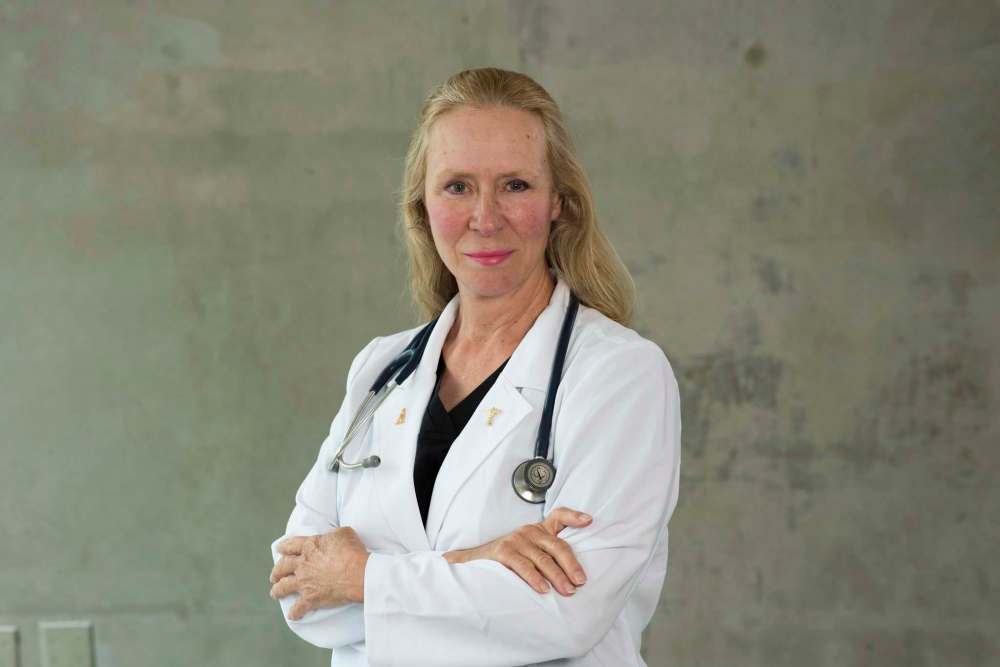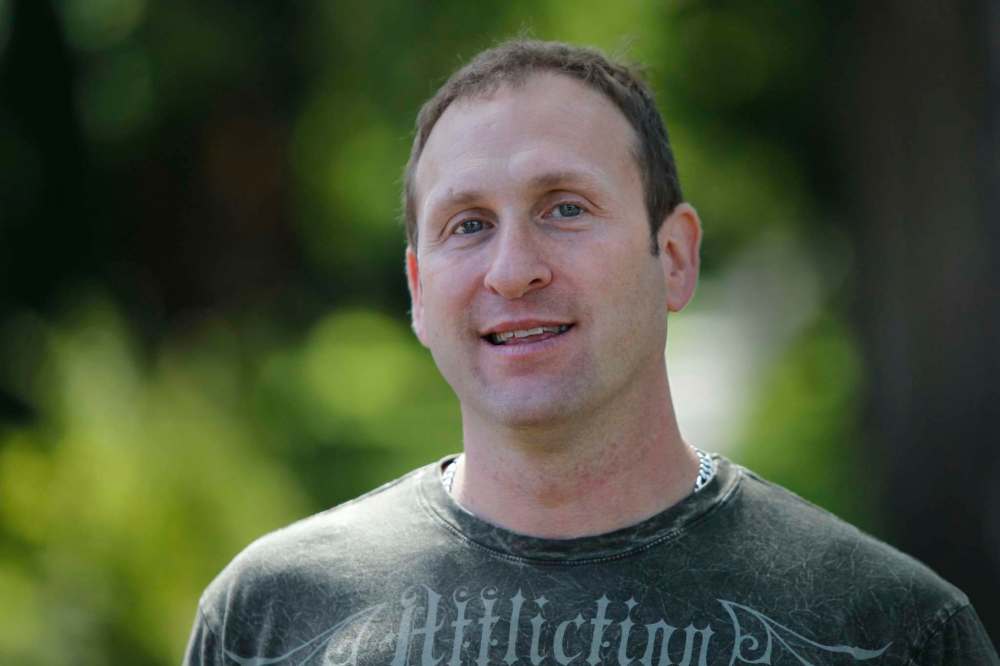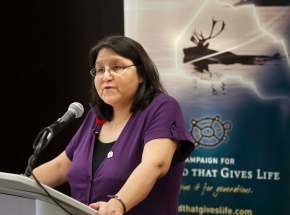‘Drink yourself to recovery’ Alcoholism treatment program allows drinking during, after recovery
Read this article for free:
or
Already have an account? Log in here »
To continue reading, please subscribe:
Monthly Digital Subscription
$0 for the first 4 weeks*
- Enjoy unlimited reading on winnipegfreepress.com
- Read the E-Edition, our digital replica newspaper
- Access News Break, our award-winning app
- Play interactive puzzles
*No charge for 4 weeks then price increases to the regular rate of $19.00 plus GST every four weeks. Offer available to new and qualified returning subscribers only. Cancel any time.
Monthly Digital Subscription
$4.75/week*
- Enjoy unlimited reading on winnipegfreepress.com
- Read the E-Edition, our digital replica newspaper
- Access News Break, our award-winning app
- Play interactive puzzles
*Billed as $19 plus GST every four weeks. Cancel any time.
To continue reading, please subscribe:
Add Free Press access to your Brandon Sun subscription for only an additional
$1 for the first 4 weeks*
*Your next subscription payment will increase by $1.00 and you will be charged $16.99 plus GST for four weeks. After four weeks, your payment will increase to $23.99 plus GST every four weeks.
Read unlimited articles for free today:
or
Already have an account? Log in here »
Hey there, time traveller!
This article was published 05/07/2018 (2721 days ago), so information in it may no longer be current.
It sounds counter-intuitive, but an alcohol-addiction treatment program that allows clients to continue drinking during their recovery and beyond is an effective alternative to abstinence, says the co-founder and medical director of the clinic that offers it.
Dr. Diane Rothon of Vancouver-based Alavida says controlled drinking is the goal of the harm-reduction-focused plan that combines naltrexone — an endorphin-blocking drug — and video-conference therapy with doctors and therapists.
The $6,500 program, which will be offered to Manitobans later this month, is composed of eight one-hour video-conference sessions — three with a doctor and five with a cognitive behavioural therapist — followed by an 18-month continuing-care regimen. Clients who complete the program can request refills of their naltrexone prescriptions as needed.

Alavida addresses an “astounding” gap in available treatment for alcoholism, said Rothon, a former chief coroner in British Columbia.
“Abstinence is simply not everyone’s goal, partly because people have tried at it and failed many times. They come to us because they want something else. They want safer drinking, not no drinking,” she said Thursday.
“The whole recovery industry is focused on abstinence from drinking. We are completely convinced that is not what most people want and it’s not what most people with alcohol-use disorder want.
“What they want is control. They want to find that place they can have one drink and stop and not binge, or have a couple of glasses of champagne at a wedding or a glass of wine at dinner and not have it lead to 20 glasses of wine.”
“Abstinence is simply not everyone’s goal, partly because people have tried at it and failed many times. They come to us because they want something else. They want safer drinking, not no drinking.”–Dr. Diane Rothon
Problem drinkers who cannot or will not check themselves into live-in rehab facilities for weeks or months might find the home-treatment aspect of the program is a better fit. Clients set their own goals to customize their programs, which are set in concert with the Canada Low-Risk Alcohol Drinking Guidelines that include such elements as as never having more than two or three drinks in one sitting.
“What most people want is a reduction in their drinking and they achieve very quickly, within a matter of a few months, at least a 50 per cent reduction in their drinking,” Rothon said.
“A lot of people, once they achieve that kind of control, say, ‘I’m just going to quit.’ But they get that through a place of control that they’ve lost through their addiction.”
Abstinence successful for 4% to 8%
Critics question the reasoning and medical effectiveness of having someone, especially an addict, continue doing something that has already caused them harm.
“That’s really an old-fashioned way of looking at alcohol-use disorder,” Rothon said. “Just because you’ve engaged in something to excess or to a harmful level in the past doesn’t mean you have to eliminate it completely.
“That’s an old, antiquated model of recovery that resonates with some people. Some do want to eliminate it and we’ll work with them to do that. That’s just not the majority of the people. If you just have one way, one treatment for something, you’re not going to reach very many people.
Requests for comment from Manitoba Health, Winnipeg Regional Health Authority and the Addictions Foundation of Manitoba were denied; all claimed they could not speak on the subject because Manitoba’s Election Financing Act restricts government communications during the period leading up to the July 17 byelection in St. Boniface.
Rothon said the abstinence approach is successful for only four to eight per cent of the people who require alcohol treatment.
“I’m not going to ignore the other 92 per cent and say, ‘Sorry, we don’t have anything for you.’ I’m not doing that,” she said. “What we’re going is addressing those who don’t want abstinence or can’t achieve abstinence and make it safer for them to continue to consume alcohol, if that’s what they choose.”
Rothon said clients take one naltrexone pill an hour before consuming alcohol and cannot exceed three pills per day. The drug inhibits the feeling of well-being and decreases the desire for more booze.
The Aurora Recovery Centre in Gimli recently introduced the program, and it seems to have a positive effect on cravings, said Ian Rabb, the facility’s public relations officer.
That may make it a worthwhile treatment for severe alcoholics, he said.
However, Rabb said he believes an alcoholic’s problem isn’t alcohol; it’s psychological and spiritual, he said, adding that could render Alavida ineffective in the long-term.
“A pill isn’t going to cure a cancer of the soul,” he said, likening it to opiate-replacement therapy, such as methadone. “A lot of the time, those people find another drug.”
“A pill isn’t going to cure a cancer of the soul. A lot of the time, those people find another drug.”–Ian Rabb
Alavida was founded in 2016, has been delivering its program to clients in B.C., Alberta, Saskatchewan and Ontario. Rothon said it’s based on a model that began in Finland more than 20 years ago.
Alavida claims 87 per cent of its clients say the program made them feel more in control of their drinking and 82 per cent said it significantly improved their ability to stop drinking.
In its marketing, Alavida says the Centre for Addictions Research of B.C. found 58 per cent of all Canadian drinking happens at home, so that’s where Alavida treats it.
Drug approach underused in Manitoba: study
The July 23 launch — called Drink Yourself to Recovery — coincides with the completion of the certification process for its doctors to practice and prescribe in this province.
While naltrexone has been available in Canada for many years, it is also on the Manitoba drug benefits formulary that lists “therapeutically-effective drugs of proven high quality” that have been approved as eligible benefits under the pharmacare program.
“It’s easily prescribed, it’s easily available, it’s non-addictive, it’s non-narcotic, it’s extremely safe, very few side effects. What generally is lacking is the skill and the training to know how to use it the case of addiction,” Rothon said.
The program’s public availability here follows on the heels of last month’s release of a Manitoba Centre for Health Policy study commissioned by Manitoba Health. The study analyzed anonymous data focusing on 53,625 people diagnosed with an alcohol-use disorder between 1990 and 2015.
It found only 493 out of the 53,625 people with an alcohol-use disorder had a prescription dispensed for one of three drugs — including naltrexone — used to help treat it.
The 150-page study reported “extensive under-utilization of these drugs in Manitoba. Several studies have shown that these therapies are efficacious at reducing the symptoms of addiction. The low prescription prevalence in this population seems to be a missed opportunity for treating (alcohol-use disorders).”
ashley.prest@freepress.mb.ca












